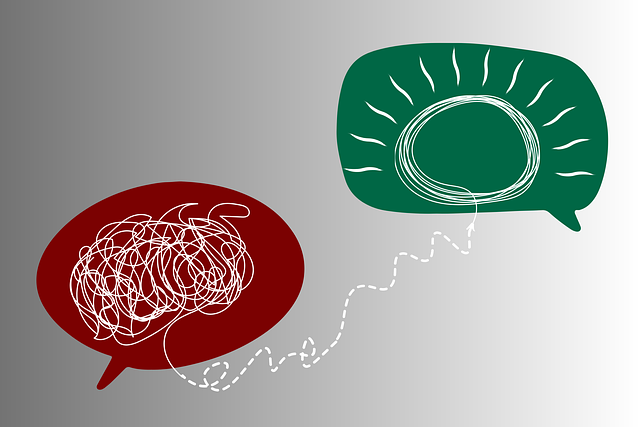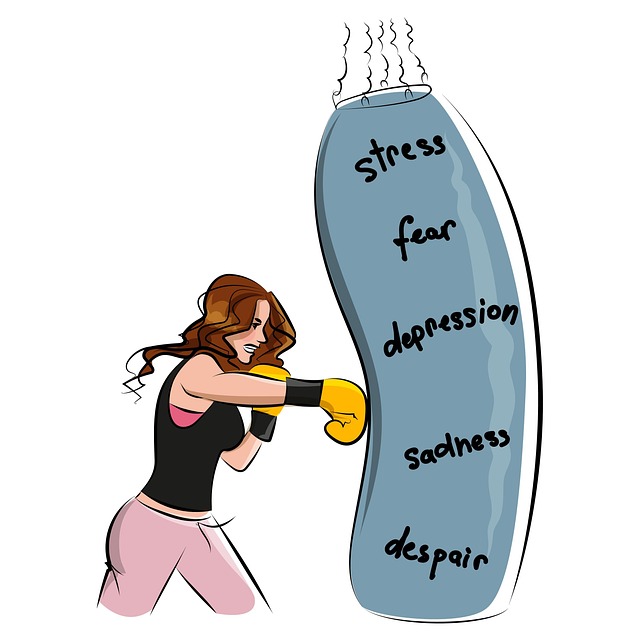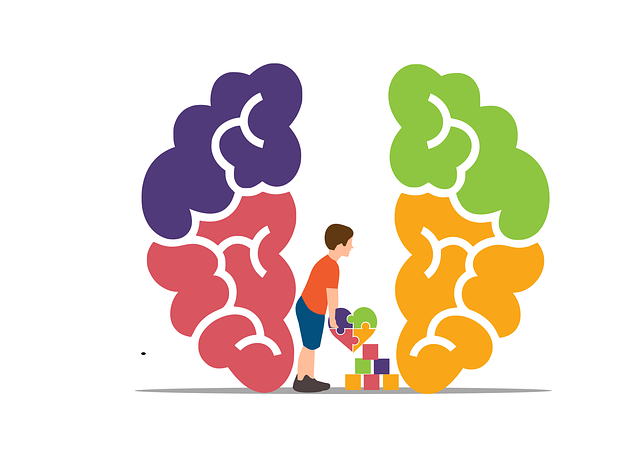Superior Women's Issues Therapy (SWIT) is a holistic approach addressing women's emotional challenges, considering biological, psychological, and social factors. It offers cognitive techniques, mindfulness practices, and lifestyle adjustments to improve mood regulation. Through training, advocacy, and community outreach, SWIT enhances self-awareness, resilience, and well-being, providing long-term support for women facing emotional turmoil. This integrated therapy focuses on empowerment, communication skills, and self-care, ultimately fostering emotional stability and overall mental health.
Mood regulation is a crucial aspect of emotional well-being, especially for women navigating complex life challenges. This article explores comprehensive strategies to help women achieve and maintain a balanced state of mind. We delve into understanding emotional dynamics, cognitive techniques to challenge negative thought patterns, and the power of mindfulness practices. Additionally, we discuss lifestyle adjustments, including nutrition, exercise, and sleep, as well as therapy options tailored for superior women’s issues, emphasizing the importance of professional support.
- Understanding Mood Regulation: Unraveling Emotional Balance
- Cognitive Techniques for Women: Navigating Thought Patterns
- Mindfulness and Meditation Practices for Daily Resilience
- Lifestyle Adjustments: Nutrition, Exercise, and Sleep Synergy
- Therapy Options: Professional Support for Women's Emotional Well-being
Understanding Mood Regulation: Unraveling Emotional Balance

Understanding Mood Regulation is a pivotal aspect of addressing women’s issues in therapy. Emotional balance is a complex interplay of biological, psychological, and social factors. Superior Women’s Issues Therapy recognizes that each individual’s emotional experience is unique, shaped by their personal history, cultural background, and societal influences. Achieving optimal mood regulation involves a holistic approach that considers these multifaceted elements.
Healthcare Provider Cultural Competency Training plays a crucial role in this process. By understanding the impact of culture on mental health, therapists can tailor their practices to meet the specific needs of diverse clients. Mental Health Policy Analysis and Advocacy also contribute by ensuring accessible and inclusive services that address the unique challenges women face. Through these integrated strategies, superior therapy approaches aim to enhance Mood Management, fostering resilience and well-being among women seeking support.
Cognitive Techniques for Women: Navigating Thought Patterns

Many women struggle with mood regulation, often due to unique societal pressures and challenges they face. Superior Women’s Issues Therapy recognizes this and offers cognitive techniques as a powerful tool for navigating thought patterns. By identifying and challenging negative or distorted thinking, women can gain a new perspective on their emotions and behaviors. This process empowers them to develop healthier coping skills and enhance their overall well-being.
Cognitive techniques focus on self-awareness and reframing thoughts, which is particularly beneficial for managing stress, anxiety, and even depression prevention. Through therapy, women learn to recognize unhelpful thought patterns and replace them with more positive and realistic ones. This strategy not only helps in the moment but also fosters long-term resilience, enabling individuals to effectively cope with life’s challenges. Moreover, community outreach programs implementation that incorporate these coping skills development techniques can create supportive networks, offering a sense of belonging and additional resources for those navigating mood regulation issues.
Mindfulness and Meditation Practices for Daily Resilience

In today’s fast-paced world, where stress and anxiety can easily overwhelm, mindfulness and meditation practices have emerged as powerful tools for superior women’s issues therapy. These self-awareness exercises encourage individuals to focus on the present moment, cultivating a deeper understanding of their thoughts and emotions. By integrating mindfulness into daily routines, women can develop resilience and enhance their mental well-being.
Meditation, in particular, offers a safe space for exploring mind over matter principles. Through regular practice, one can learn to observe thoughts without judgment, fostering a sense of calm and clarity. This coping skills development is invaluable, enabling individuals to navigate life’s challenges with grace and composure. In the process, they uncover hidden strengths and cultivate a profound connection with themselves, ultimately transforming their emotional landscape.
Lifestyle Adjustments: Nutrition, Exercise, and Sleep Synergy

Lifestyle adjustments play a crucial role in mood regulation, with nutrition, exercise, and sleep forming a powerful synergy that supports mental health. A balanced diet rich in essential nutrients is fundamental; foods high in omega-3 fatty acids, antioxidants, and vitamins B and D have been linked to improved mood and cognitive function. Regular physical activity, whether it’s a brisk walk, yoga session, or intense workout, releases endorphins that can alleviate stress and boost happiness levels. Additionally, prioritizing quality sleep allows the body to rejuvenate and consolidate memories, contributing to emotional stability.
Integrating mindfulness meditation and compassion cultivation practices into daily routines further enhances these benefits. Mindfulness helps individuals stay present and aware of their thoughts and feelings without judgment, fostering a deeper connection with oneself. Self-care routine development is another key aspect; setting aside time for activities that nurture the mind, body, and spirit can significantly contribute to better mental health and overall well-being, especially when tailored to individual needs and preferences.
Therapy Options: Professional Support for Women's Emotional Well-being

For women navigating complex emotional challenges, professional support through therapy offers a lifeline. Superior womens issues therapy provides a safe space where individuals can explore and process their feelings, thoughts, and experiences. Skilled therapists employ evidence-based techniques to help clients develop effective coping strategies, enhance self-awareness, and build resilience.
Effective therapy goes beyond addressing specific symptoms; it equips women with valuable communication strategies to express their needs, improve relationships, and cultivate a strong sense of self. Integrating self-care routine development for better mental health into treatment plans is essential. Self-care practices such as mindfulness meditation, regular exercise, and cultivating supportive networks become powerful tools in managing mood and promoting overall emotional well-being.
Mood regulation is a powerful tool for women seeking emotional well-being. By combining cognitive techniques, mindfulness practices, lifestyle adjustments, and access to superior women’s issues therapy, individuals can navigate and manage their emotions effectively. Integrating these strategies into daily routines empowers women to cultivate resilience, enhance their quality of life, and embrace a more balanced and fulfilling future.














